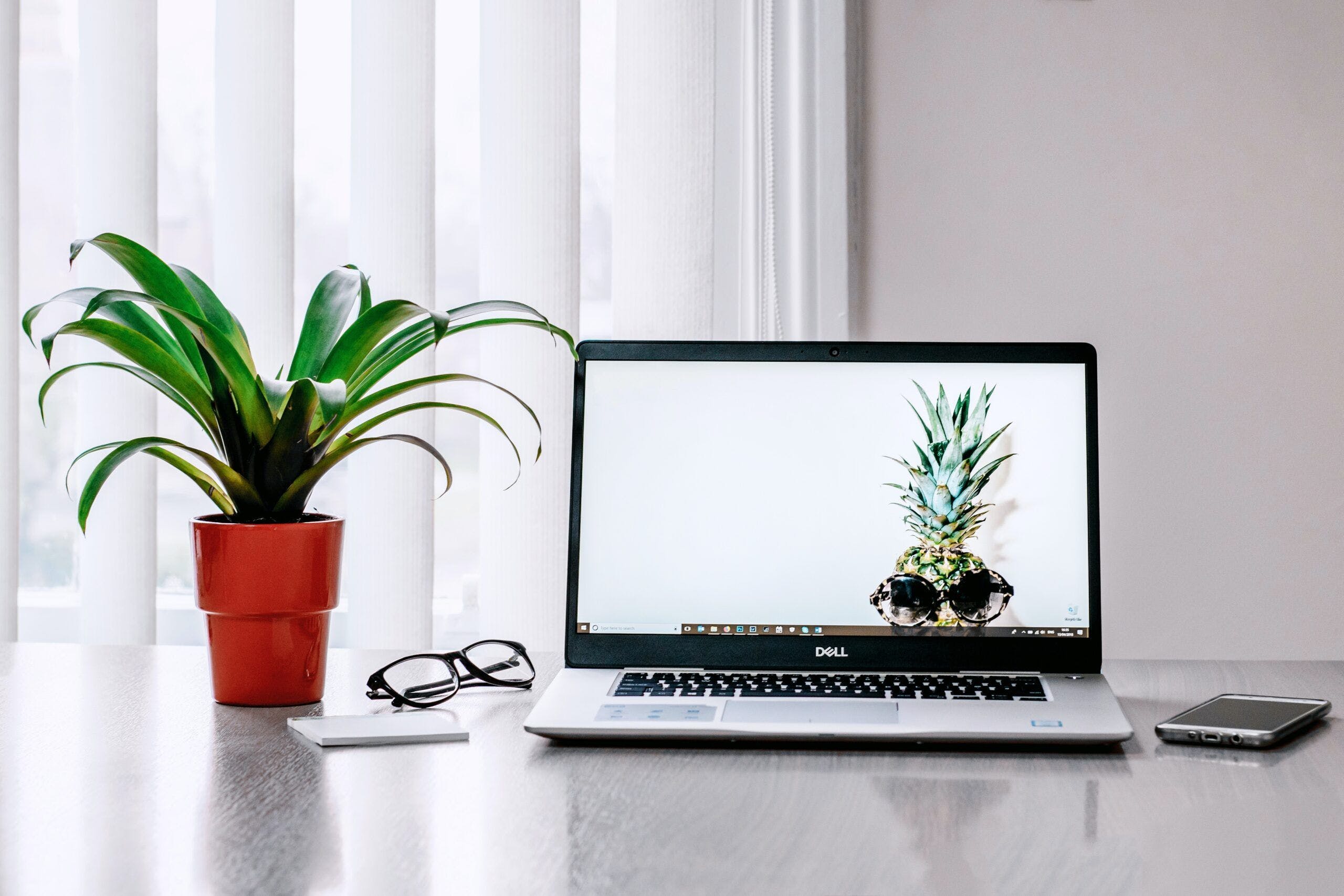The internet is an important part of our lives. It helps us communicate with people around the world, gives us access to information on any subject imaginable, entertains us through videos and apps, and it’s even important for various jobs – just to name a few ways that we use it. It’s become so ingrained in who we are that most people go online at least once a day. While there are plenty of benefits of using the internet, it also comes with its fair share of potential dangers, so it’s important to use it carefully and responsibly, and here are a few tips that can help you do just that.
1. Use A Virtual Private Network
A virtual private network is a clever way to stay safe while surfing the web. A VPN basically funnels all your internet traffic through an encrypted third-party server before it gets where it’s going. This means that hackers won’t be able to steal any of your personal information that you send over the web. You can visit websites that are normally blocked by companies or governments, which means that you also have access to more types of content. The best part about using a virtual private network is that it’s easy to use. There are plenty of different providers out there, so it’s important to do your research and find the one that suits your needs best.
2. Two-Factor Authentication
Two-factor authentication takes online security to the next level, and it’s a good idea for anyone who spends a lot of time on their devices. In this case, two-factor authentication simply means that you have to confirm your identity using more than one method, which protects your accounts from hackers. For example, when you try to log in to your Gmail account, you’ll be texted a verification code, so you’ll need to enter that code as well as your password. While this might seem like an annoyance at first, it’s actually quite easy and fast to do once you get used to it. It just means that your accounts are secured with both a password and a second type of security.
3. Be Careful With Private Info
Another way to stay safe while surfing the web is to be careful with private info. This basically means that you shouldn’t give out any personal information online unless it’s absolutely necessary, and even then, you should think twice before submitting anything into a form. Doxing is one dangerous way that hackers get private information – doxing is when personal information like your home address, phone number, or even your SSN is released on the internet. Sometimes this happens by mistake, but other times it’s done on purpose so criminals can use this info to scam you offline. Everything you put online is ultimately out of your hands, so always take a second to consider whether this is something you’ll be okay with if it gets shared with people you don’t know.
4. Privacy Settings
When you browse the internet, all kinds of companies are tracking your online behavior. This is because websites make money by selling ads, and to figure out what types of ads they should show you, they need to know who you are and what you like or dislike. If this is something you don’t want, you can adjust your privacy settings. You won’t get any targeted ads which some people find to be a downside to this, but on the other hand, you’ll limit the information various websites and platforms store about you. In a similar fashion, you might want to double-check your social media profiles to see who has access to your content. Unless you’re using your profile to promote a business or a cause, you might want to limit who can view it to just the people you know.
5. Be Selective Of What You Download
It’s important to be selective of what you download and install online. Hackers use clever tricks, like hiding viruses in legitimate-looking emails and apps that make them seem trustworthy, so it’s easy to get tricked into downloading something dangerous without realizing it until it’s too late. You can’t always trust software vendors either – some companies might upload malware to their products on purpose so that you won’t suspect anything. If you’re not sure about an app or a file, read reviews online before downloading it, and always have your antivirus program active while doing so. It’s better to be safe than sorry!

These are five simple steps that everyone should follow if they want to stay safe while browsing the web. Once you know all your personal data is secure and you have peace of mind when it comes to your online safety, you can do more and enjoy yourself while online.


Comments are closed.